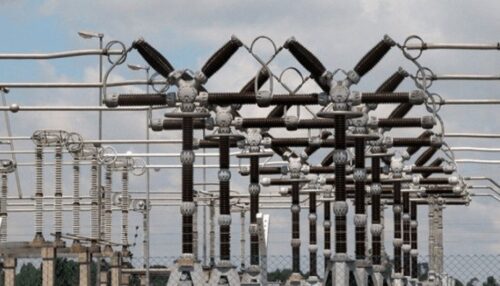
Millions of Nigerians may soon experience significant mobile network disruptions as telecom towers in Lagos and Ogun States struggle with reducing diesel supplies. A standoff between fuel truckers and the Lagos State government has halted diesel deliveries, jeopardizing the primary power source for telecom infrastructure in Nigeria’s commercial nerve center.
The fuel shortage stems from an ongoing conflict between the Lagos State government and the National Union of Petroleum and Natural Gas Workers (NUPENG). In response to alleged harassment by state officials, fuel truckers have suspended operations, leaving major tower operators—including American Tower Corporation (ATC) and IHS Towers—scrambling to secure alternative fuel sources.
With Lagos handling over 60% of Nigeria’s national data traffic, the repercussions could be severe. Mobile users are already experiencing slower internet speeds, dropped calls, and intermittent service failures. If the fuel supply is not restored promptly, telecom operators warn of an imminent blackout that could cripple banking services, e-commerce operations, and essential communications in one of Africa’s most connected economies.
NUPENG Secretary General Wale Afolabi stated that the strike was triggered by Lagos officials allegedly deflating truck tires and arresting drivers over parking violations. He emphasized that truckers typically schedule diesel deliveries during early morning hours to reduce the risks posed by Lagos’ deteriorating road conditions.
“We have decided to withhold our services until the government recognizes the humanity of these truckers,” Afolabi mentioned. “We cannot determine how long this standoff will last, but we demand the release of arrested drivers, the repair of damaged trucks, and the restoration of our union’s vehicle.”
The Association of Telecommunications Companies of Nigeria (ATCON) has also voiced urgent concerns over the crisis. ATCON President Tony Izuagbe Emoekpere, in a letter addressed to state authorities, urged immediate government intervention to facilitate diesel deliveries and prevent widespread telecom failures. “We respectfully request the urgent intervention of the governors of Lagos and Ogun states to ensure the continuous operation of our telecom sites,” Emoekpere stated.
The diesel shortage highlights the vulnerability of Nigeria’s telecom sector, which remains heavily dependent on generators due to an unreliable national power grid. As Lagos serves as the epicenter of Nigeria’s digital economy, prolonged network outages could disrupt businesses, financial transactions, and emergency services, emphasizing the critical need for long-term solutions to the country’s energy and infrastructure challenges.



